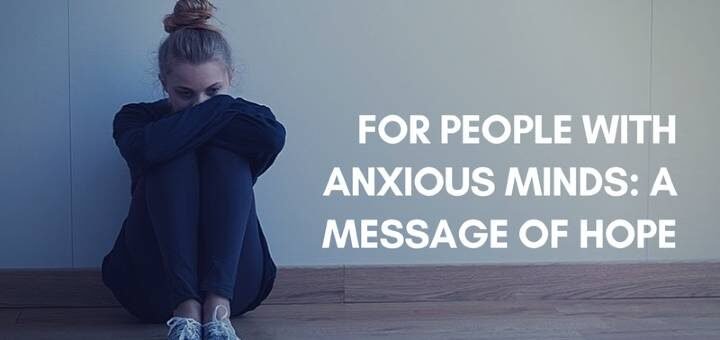Anxiety & Social Phobia Support Social Phobia Support
In today’s digital age, the rise of social media platforms has transformed the way we communicate, yet it has also intensified feelings of inadequacy and fear of judgment, particularly among individuals with social phobia....
Living with Extreme and Severe Social Phobia can be an isolating experience, profoundly impacting daily life and relationships. For many in New Zealand, navigating the challenges of Social Anxiety Disorder can feel overwhelming, making...
Cultural norms and social expectations play a significant role in shaping our interactions and self-perceptions. As we navigate diverse environments, the pressure to conform to varying societal standards can lead to increased feelings of...
Early childhood experiences, particularly traumatic events and adverse experiences, play a crucial role in shaping long-term anxiety patterns. Understanding how these early influences lead to conditions such as social phobia can illuminate pathways to...
Social anxiety is often intertwined with specific cognitive distortions, which can significantly shape an individual’s personality and behavior. By analyzing thought patterns such as catastrophizing and negative self-evaluation, we can gain valuable insights into...
In today’s digital age, the intersection of social media and technology plays a pivotal role in understanding Social Agoraphobia, particularly in the context of Social Anxiety Disorder in New Zealand. For individuals grappling with...
Understanding the biological and genetic causes of social phobia is essential, as it sheds light on the complex interplay between our genes and environment. One crucial aspect of this relationship lies in epigenetic factors,...
Childhood experiences and attachment styles play a crucial role in shaping our emotional landscape, significantly influencing the onset of social phobia in adulthood. Investigating how early relationships—whether marked by overprotective parenting or bullying—can lead...
Socioeconomic status (SES) plays a crucial role in shaping mental health outcomes, particularly in the context of social phobia. Economic challenges, such as poverty and unemployment, can exacerbate feelings of anxiety and isolation, while...
The preschool years are a critical period for social development, where peer interactions play a pivotal role in shaping children’s emotional well-being. Understanding the dynamics of rejection and acceptance during this time is essential,...









